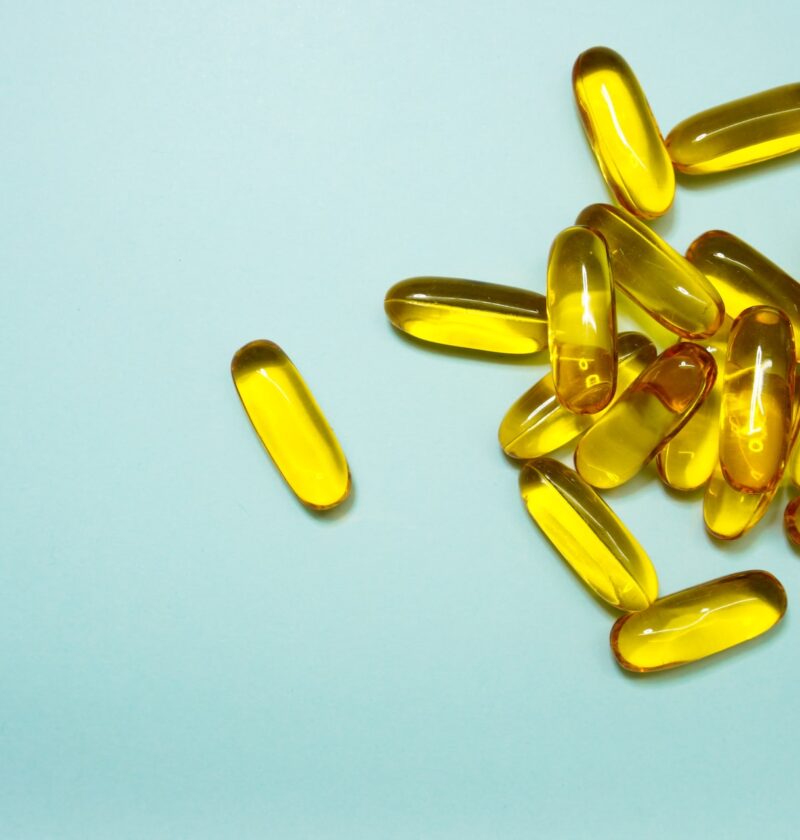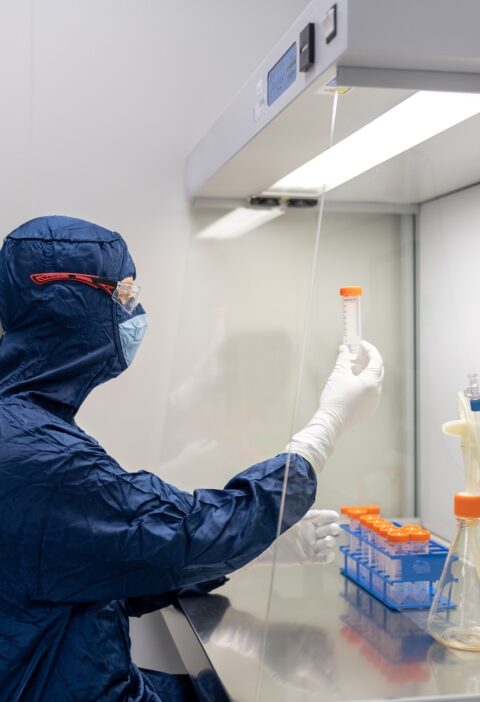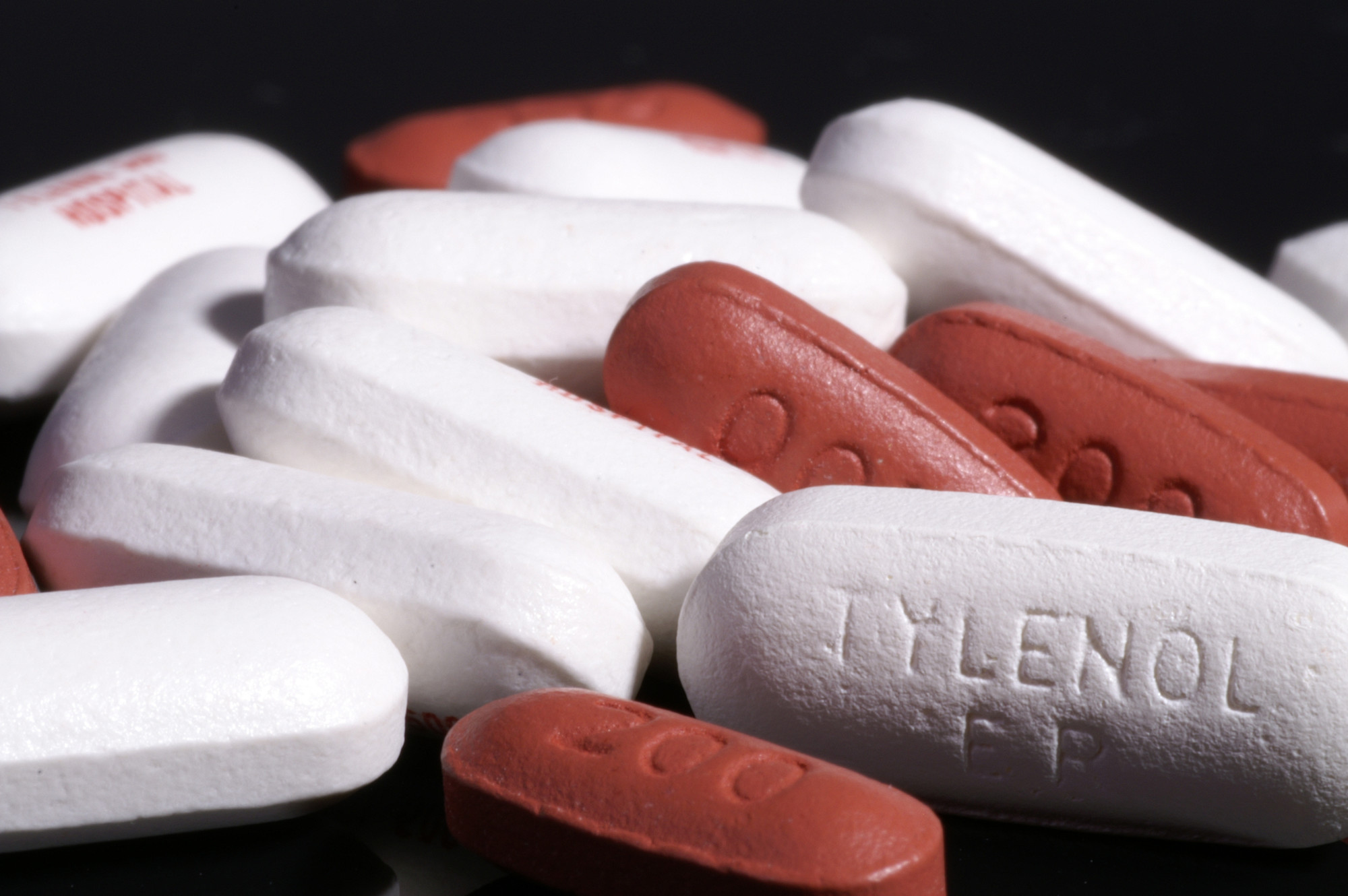We all know that consuming a healthy diet can help you be more energized, prevent diseases, and allow you to live longer. We hear it from both lay people and healthcare providers, such as physicians and nutritionists.
But how realistic is it to start and stick to a healthy diet and healthy eating habits? It’s not to say that in this day and age, we are not bombarded with ads for food that rates too high in sugary and fatty content, but it is also true that our own tight schedules make having a nutritious meal a challenge. This is why it’s important to do your own research and read online reviews. For example, if you’re interested in buying this Morning Kick supplement, then you should read Morning Kick reviews before making a decision, and so on and so forth. The same should apply to any supplement you find yourself interested in purchasing.
Even if we avoid consuming the so-called “junk food” that lines the grocery store shelves, we may still not be getting the recommended daily rate of every nutrient we need. And even if we can enjoy a nutritious and balanced diet, there are nonetheless several nutrients that may be missing or not be in the quantities that we require. This is when supplements are needed.
What Are Dietary Supplements?
The term “dietary supplement” pertains to any substance that supplements our diet. This can be the case with macronutrients (in the case of proteins and amino acids), micronutrients (vitamins and minerals), and probiotics (which are not nutrients per se, but count as nutritional supplements). It is important to remember that, while these products have the label of “dietary” supplements, their goal is to prevent or treat a pathological condition or enhance the overall well-being of a person.
Therefore, it is highly advisable to ask your doctor’s opinion before incorporating any of them into your life. All of these products come in liquid or solid presentations, the most common being vitamin and mineral pills, protein powders, and protein and energy bars. Probiotics are often consumed as either pills or yogurt. Now that we know what dietary supplements are, let’s break down when and why they may be needed.
Preventing and Treating Deficiencies
Rather than waiting for an illness or an injury to take place, there are several types of supplements that are used as preventive methods. A classic example of this is folic acid. This substance is recommended for women during pregnancy to secure correct neural development during the early stages of gestation. In turn, she can avoid dangerous neural tube defects such as spina bifida.
Similarly, people that choose a vegetarian diet are at an elevated risk of anemia and complex B vitamin deficiency. For this reason, iron and vitamin B (particularly B12) are recommended to avoid the health issues that anemia carries. Other supplements, like vitamin D, omega 6 and 9 fatty acids, and NMN and resveratrol are related to increased resistance toward degenerative diseases.
Malabsorption
There are several pathological states that can lead to diminished nutrient absorption in the human body. Diseases like irritable bowel syndrome (IBS), celiac disease, and lactose intolerance – among others – can prevent adequate nutrient absorption from taking place, even when the diet is balanced and covers all the nutritional requirements. Aging itself can also bring about a malabsorption problem.
The supplements needed in this case will be determined after careful medical evaluation. The options tend to go from multivitamin and multimineral products to protein supplements that are especially easy to absorb. Adding enzymes to facilitate absorption is also recommended. In the case of dietary restrictions because of food allergies or intolerances, probiotics may be needed too, since the gastrointestinal flora will also be affected.
Exercise
Engaging in regular physical exercise is one of the best ways to stay energized. It increases the body’s metabolism while at the same time spending stored energy. This heightened activity will increment the use of vitamins, enzymes, and other elements that institute the metabolic pathways in the cell. Once the physical activity is over, anabolic processes will take prominence, and plastic nutrients – like proteins and amino acids – will be in high demand.
Meals alone, however nutritious they may be, will probably not get to cover the new nutritional requirements. The higher energy demand will easily be covered by complex carbohydrates found in roots and tubers and high-calorie fruits like bananas, to name a few options. But the oxidation of said metabolic fuel and its energy transfer will require minerals like iron and magnesium, alongside vitamins like B2, B3, and B5.
NMN supplements like NMN powder or capsules can play a complementary role too. NMN can support the production of NAD+, a coenzyme essential for energy metabolism and cellular repair. During and after exercise, your cells require efficient energy transfer and recovery mechanisms. NMN can help enhance energy production at a cellular level, supporting your body’s ability to bounce back after intense activity.
Zinc and calcium will be necessary too, not only because they play a major role in bone formation and remodeling, but also in muscle contraction. And last, but definitely not least, we have protein supplements. These often come in powder presentation, but they can also be a solid or semisolid product. They not only provide the building blocks for adequate post-exercise recovery, but they also can make up for the calories if it was necessary.
Staying Healthy with Supplements
In many cases, the use of protein supplements can shore up both protein and caloric deficits. Their use can be very beneficial if the daily requirements for certain nutrients are not met, whether it is as a consequence of an insufficient diet, malabsorption, or just because of higher demand due to physical exercise. Whatever the case, it is a good practice to seek medical advice before starting on any of these products. After all, the ultimate goal is to regain or maintain good health.







